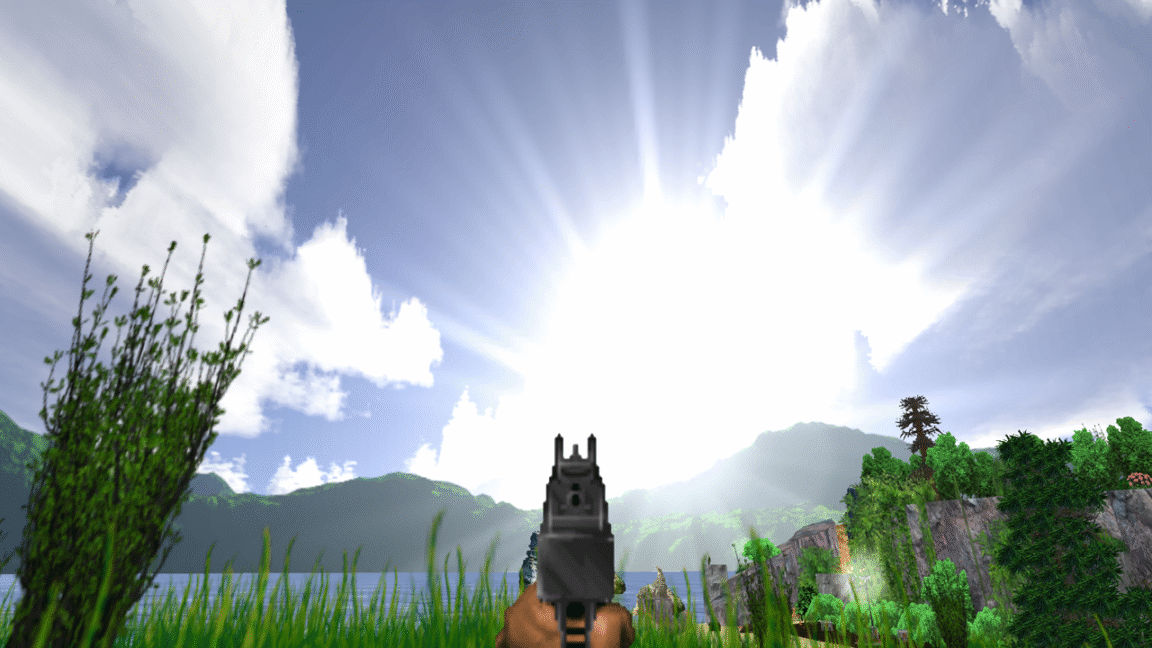GZDoom Community Divides Over AI-Generated Code Inclusion

Key Points
- Graf Zahl added AI‑generated code to GZDoom, describing it as harmless boilerplate.
- Developers criticized the move as a potential GPL violation and unverified code insertion.
- Zahl defended the use, citing efficiency gains and low impact on core functionality.
- A GitHub bug report escalated the dispute, coupling AI concerns with broader governance issues.
- Zahl invited critics to fork the project, prompting talk of splits and alternative versions.
A heated debate erupted within the open‑source GZDoom community after project lead Graf Zahl added AI‑generated code to the repository. Critics accused him of violating GPL principles and using unverified snippets, while Zahl defended the move as a harmless shortcut for boiler‑plate tasks. The controversy led to calls for forks, strong backlash on GitHub, and a broader discussion about the role of generative AI in open‑source development.
Background
The open‑source GZDoom project, a popular Doom engine, faced internal conflict when its maintainer, Graf Zahl, introduced code that was generated by an artificial‑intelligence tool. The code in question performed simple system configuration checks and was described by Zahl as "boilerplate code" that did not affect core gameplay features.
Community Reaction
Several developers voiced strong opposition, arguing that incorporating AI‑generated snippets without thorough verification violated the project's GPL licensing and could introduce hidden incompatibilities. One contributor labeled the practice as "stolen scraped code that we have no way of verifying is compatible with the GPL." Others expressed a broader philosophical stance, stating that there is "no place for AI tools in the workflow of an open source project like this."
Zahl’s Defense
Zahl responded by emphasizing the low‑risk nature of the changes, noting that the AI‑generated sections were limited to "superficial checks of system configuration settings that can be found on various websites—just with 10x the effort required." He acknowledged reservations about using AI for project‑specific code but argued that the benefits outweighed the concerns for non‑critical components.
Escalation and Forking Calls
The dispute intensified after a GitHub bug report highlighted not only the AI code but also broader grievances regarding Zahl’s top‑down approach to updating the engine. In reply, Zahl invited dissatisfied contributors to "feel free to fork the project" if they were unhappy with the direction. This invitation was taken seriously, prompting several developers to announce intentions to create forks or abandon the mainline repository.
Impact on the Project
The clash underscored a growing tension in open‑source communities about the adoption of generative AI tools. While some see AI as a productivity aid for routine tasks, others fear it could undermine code transparency, licensing compliance, and the collaborative ethos that underpins projects like GZDoom. The immediate fallout included heated GitHub discussions, threats to split the codebase, and a lingering uncertainty about future contributions.